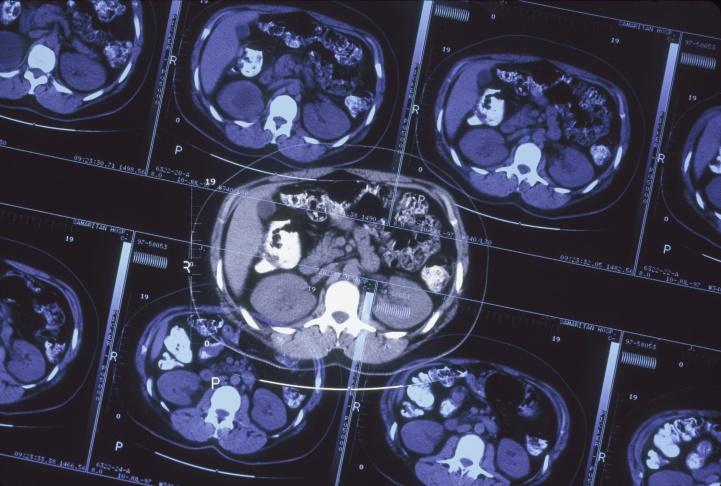
Credit: ThinkStock
And you thought you had health problems.
Recently, when a 24-year-old Chinese woman went to the doctor complaining of nausea, vomiting and a lifetime of dizziness, doctors discovered a rather surprising reason why: She was missing her entire cerebellum.
What is the significance of the cerebellum, you ask? Oh, just that it controls most motor functioning and contains some 85 billion neurons—aka roughly half of what's in the entire brain. The word "cerebellum" literally translates to "little brain."
Just how rare is it for someone to survive without this part? This woman's case marks the ninth time such a thing has ever been documented. In history.
The earliest known case was described back in 1831. One of the more famous cases took place in 1940, when a patient who died at age 76 was posthumously found, during a routine dissection, to be missing his "little brain." His case was subsequently used in a neuroscience class for medical students at Cambridge University, because wow.
Most, though, have not survived the condition, which makes the woman's case all the more insane. In fact, she's been leading a pretty normal life, all things considered. She started walking late (around age four) and had those pesky dizziness bouts as well as some slurred pronunciation . . . but that's pretty much it. Otherwise, she went about her daily business, just without half her neurons.
Scientists explained that this illustrates just how generally bat-shit amazing the human body is. Except not quite in those words. Said Dr. Raj Narayan, a professor of neurosurgery at North Shore University Hospital in New York:
"It shows that the young brain tends to be much more flexible or adaptable to abnormalities. When a person is either born with an abnormality or at a very young age loses a particular part of the brain, the rest of the brain tries to reconnect and to compensate for that loss or absence."
Science, yo! It never does cease to dazzle and confound.






